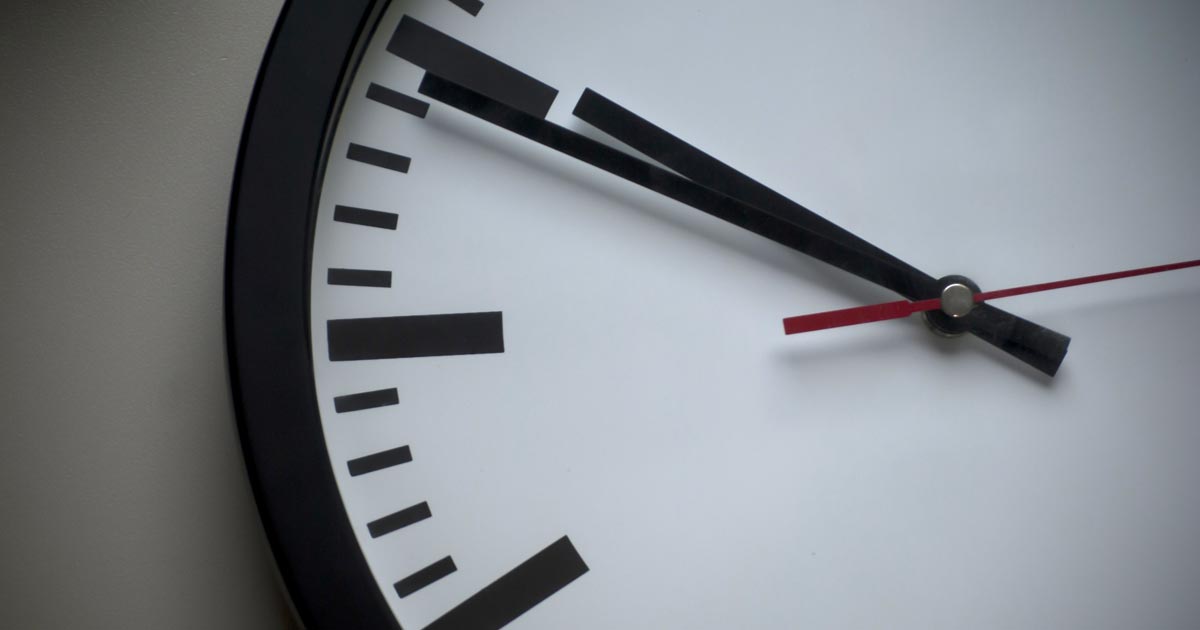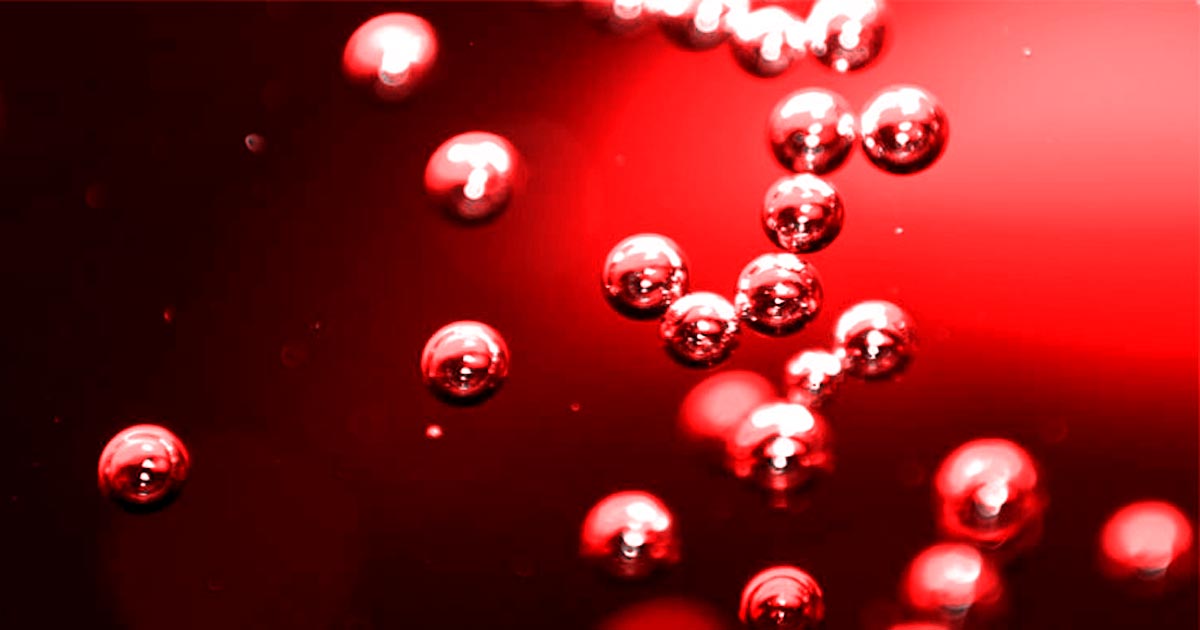Tag: Pain Management
-
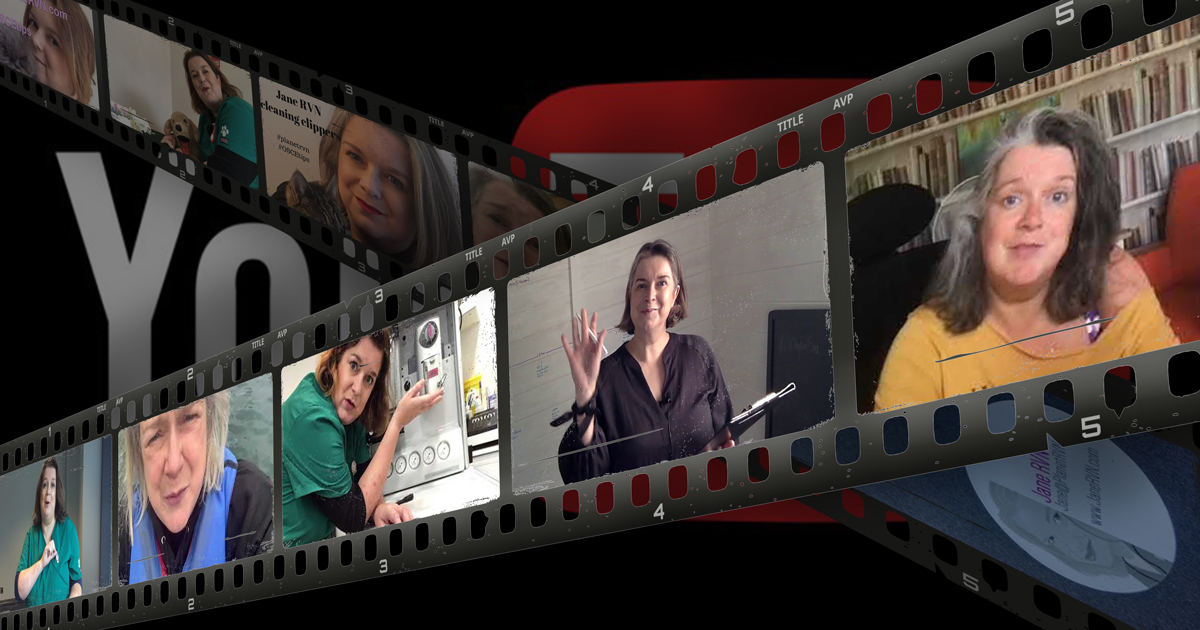
Moving pictures
—
by
There must be something in the air this November, what with a decade of blogs to read through, I seem to be reminiscing quite a lot. This hasn’t been maudlin navel gazing, I promise. It has motivated me on a few fronts. The most obvious one is that there are now new videos on my…
-
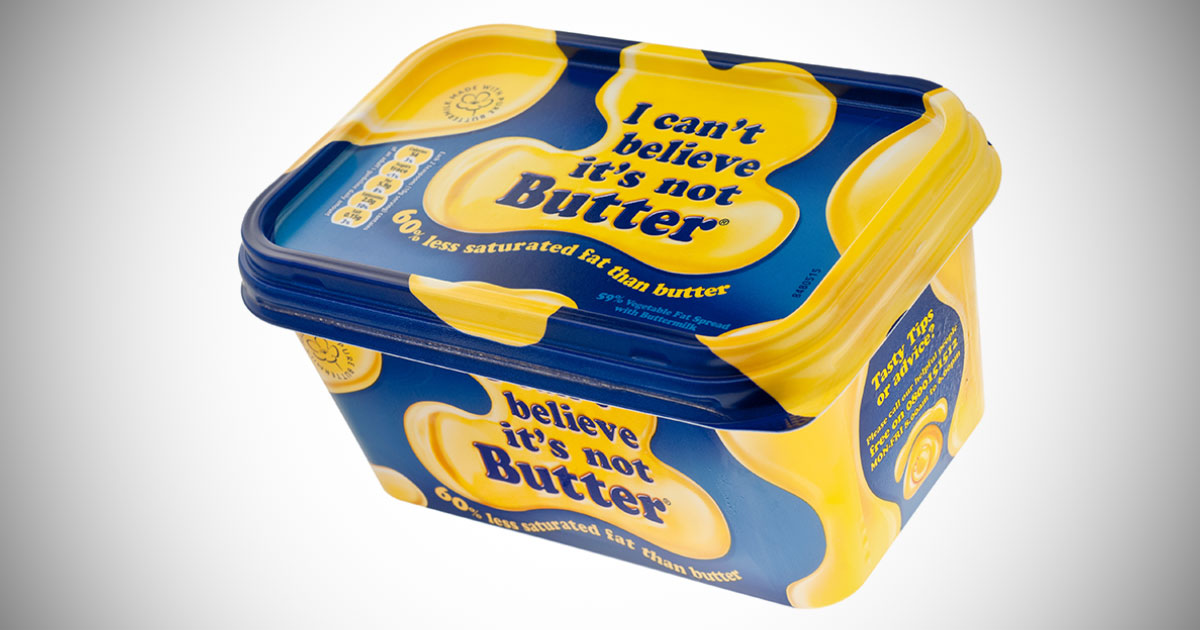
Urinalysis
—
by
I’m hoping we all survived the recent heatwave. Sadly, at the height of it, I was confined to my bedroom with a suspected kidney infection and a 38°C temperature. So, no lounging on the beach and swimming for me; more a case of lying in a darkened room and wondering, could you get a positive…
-
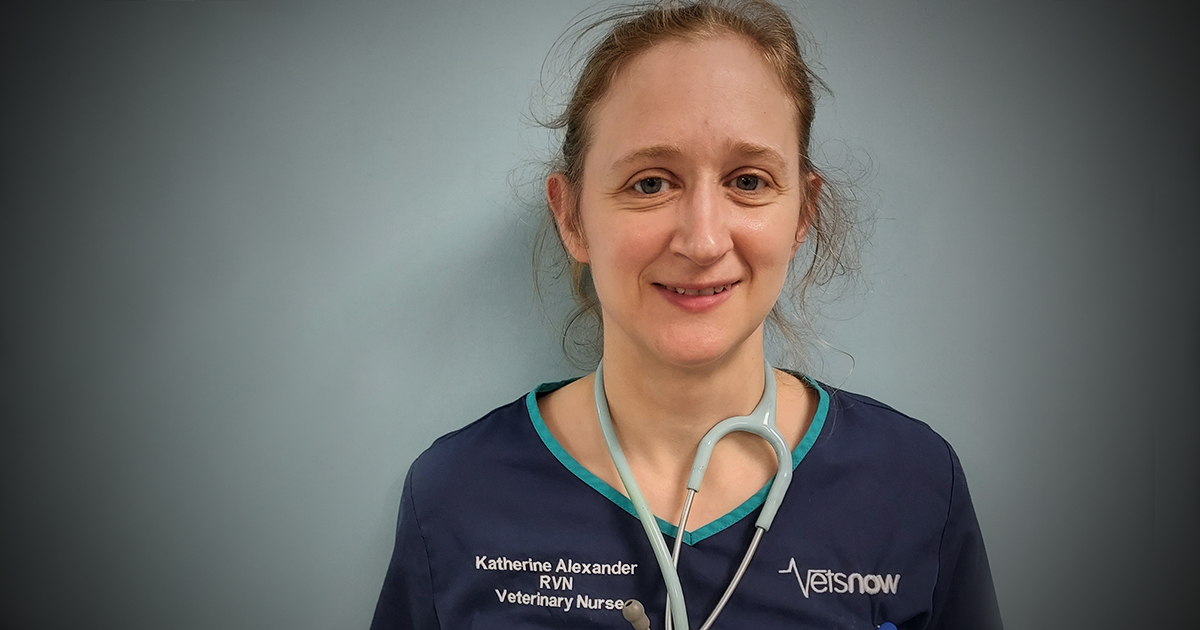
Globetrotting RVN takes to the streets
—
by
Vets Now RVN Katherine Alexander has used her skills in Africa and China, the South Pacific and now Glasgow. She’s cared for bears and pumas, elephants and jaguars, as well as ministering, more routinely, to domestic pets. The common link is that, in all those places, her time has been given freely – outside of…
-
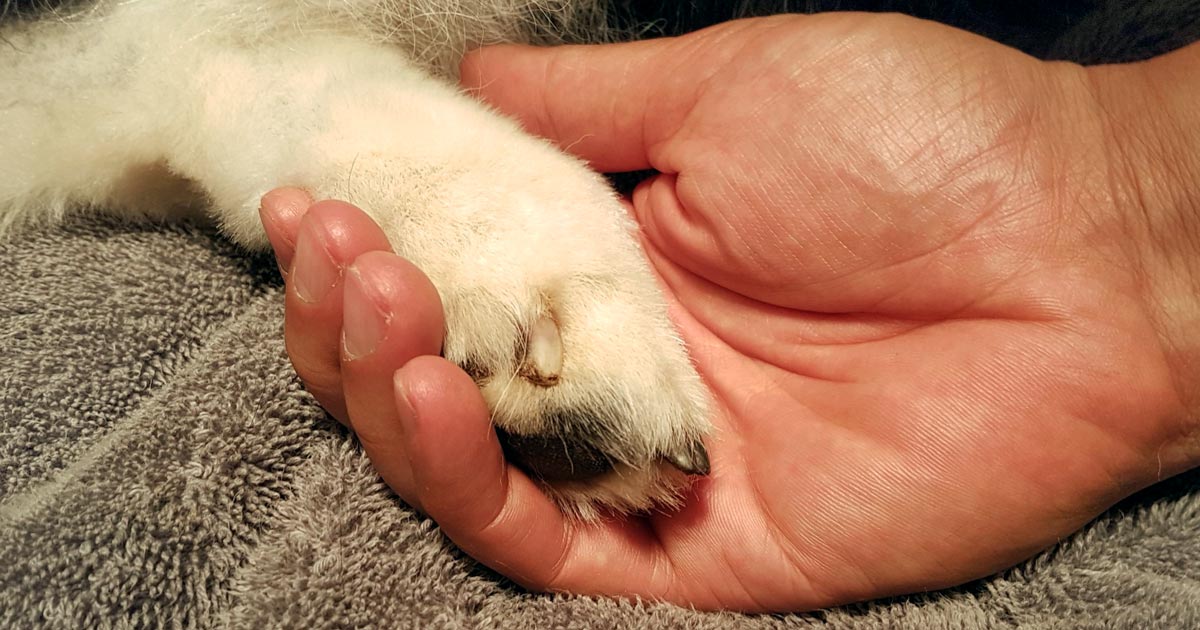
Euthanasia (part 2): caring for the patient
—
by
Last month we discussed the importance of caring for clients during the process of euthanising their much-loved pet. This month, we focus on your patient. The goals of euthanasia are always to make it as painless, fearless and stress-free as possible for the patient. Pain relief Most patients presented for euthanasia are either suffering from…
-
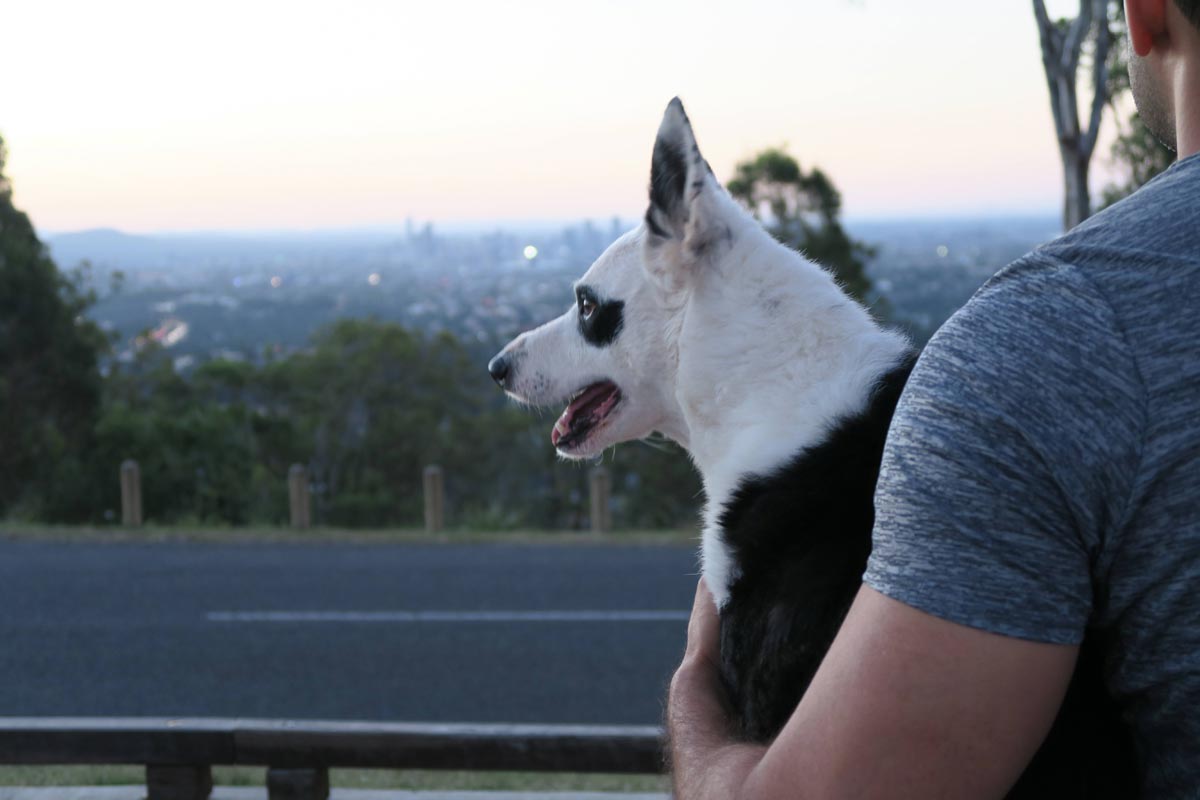
Euthanasia (part 1): caring for the client
—
by
Euthanasia is a big part of our work as veterinarians. Working in an emergency setting, it is something I have to face on every shift. It doesn’t get any easier no matter how many times I have to do it, but I have fine-tuned my approach over the years so each euthanasia process runs as…
-
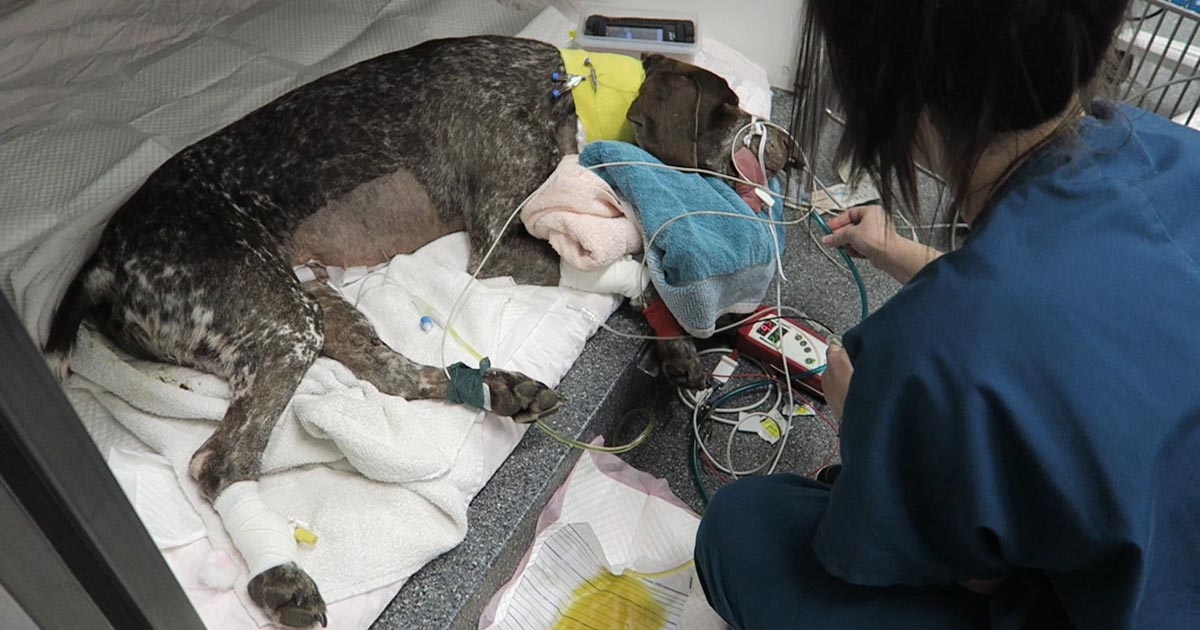
Focus on GDV, part 4: the recovery
—
by
Postoperatively, gastric dilatation-volvulus (GDV) patients remain in our intensive care unit for at least two to three days. Monitoring includes standard general physical examination parameters, invasive arterial blood pressures, ECG, urine output via urinary catheter and pain scoring. I repeat PCV/total protein, lactate, blood gas and activated clotting times (ACT) immediately postoperatively and then every…
-
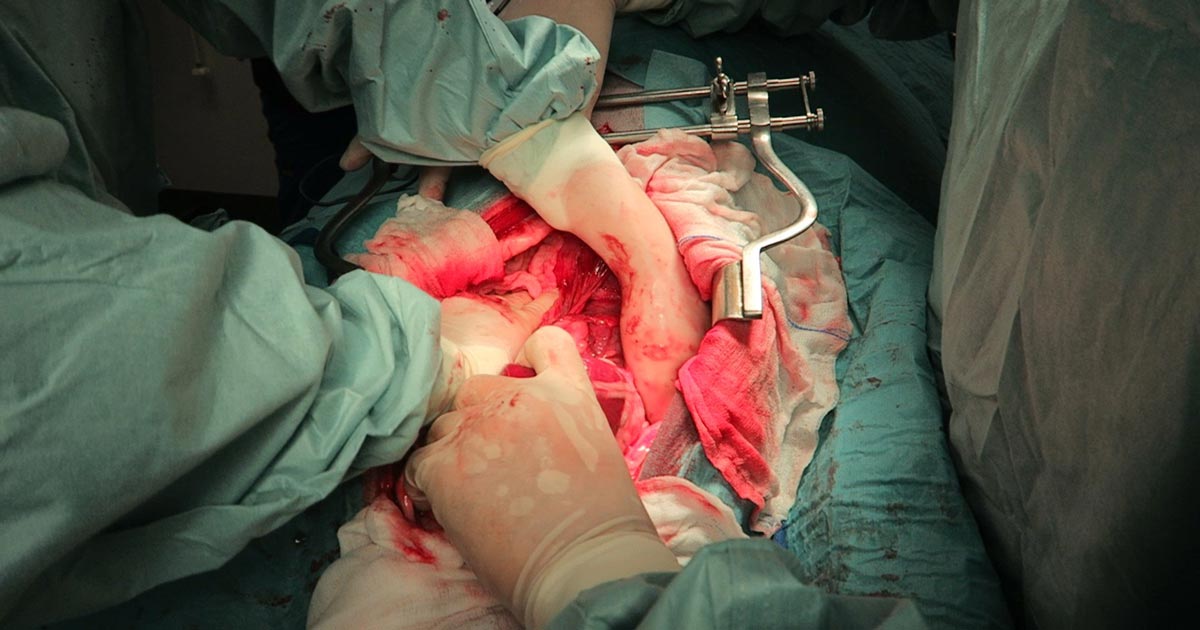
Focus on GDV, part 3: surgery tips
—
by
Following on closely from the first two parts of our February focus on gastric dilatation-volvulus (GDV) – which covered IV fluid resuscitation, pain relief and gastric decompression – we turn to surgery. Here, I offer a few tips to help ensure the procedure runs as smoothly as possible. Abdominal incision Make the abdominal incision large…
-
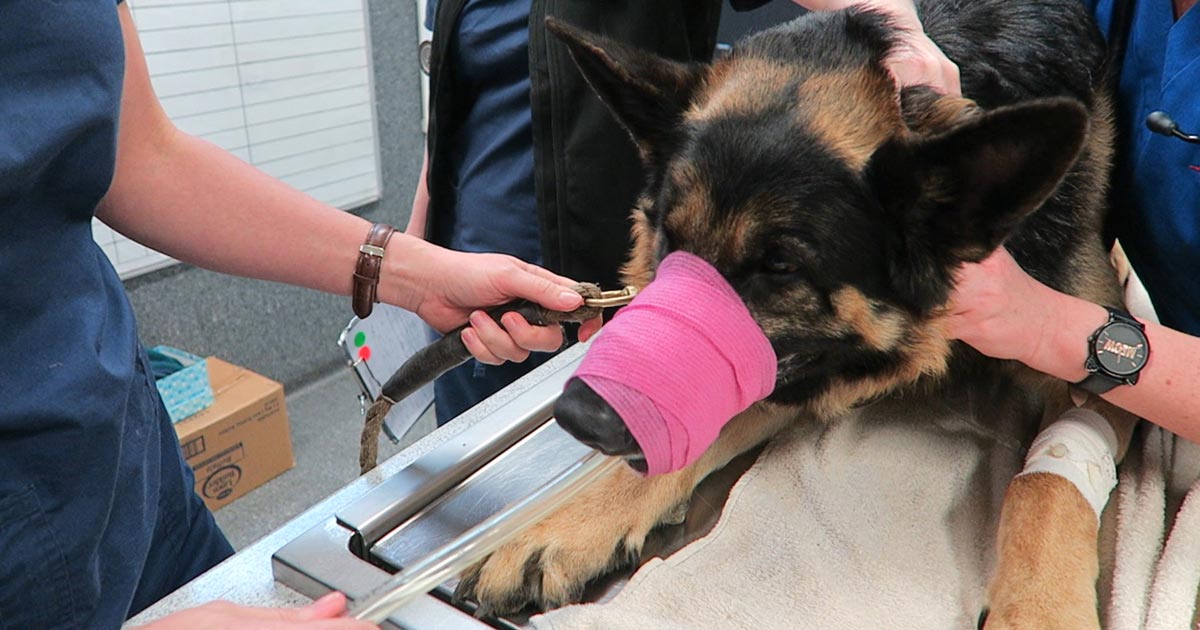
Focus on GDV, part 2: releasing the pressure
—
by
Last week we covered IV fluid resuscitation and pain relief. This week we will go into more detail about gastric decompression. Gastric decompression can be achieved in two ways: trocarisation stomach tube (orogastric tube) placement The decision on which method to use depends on many factors – personal preferences, past experiences and clinical protocols, to…
